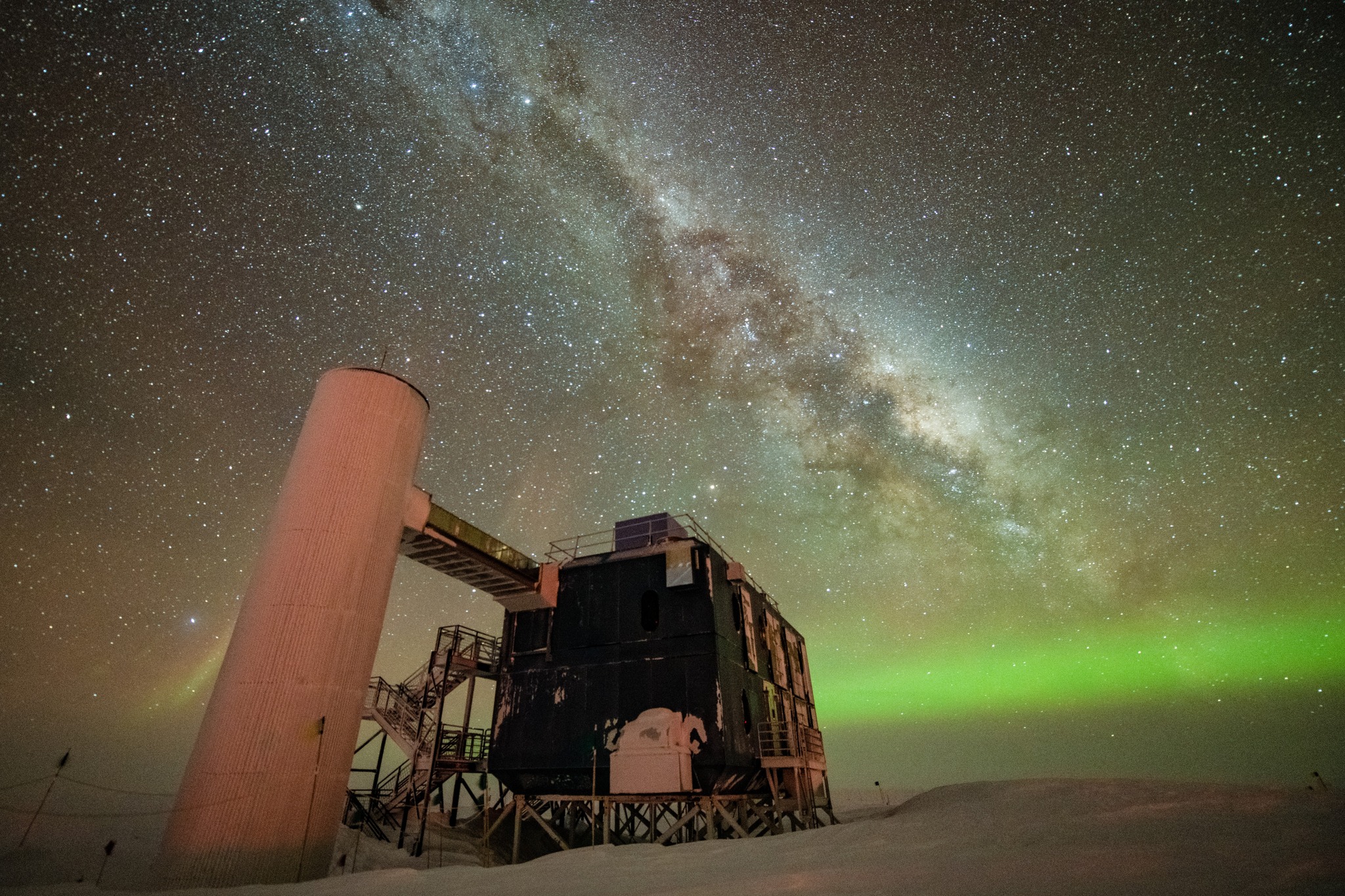UW Research News Roundup
IceCube’s hidden depths revealed in theatrical festival documentary “Messengers”
The IceCube Neutrino Observatory located at the South Pole is the subject of the final chapter in a new documentary, “Messengers.” For the film’s South Pole segment, IceCube winterovers Kalvin Moschkau and Connor Duffy collaborated with filmmaker Jeffrey Zablotny to shoot throughout the U.S. National Science Foundation’s Amundsen-Scott South Pole Station.
How a postdoctoral research associate is helping to harness the human immune system to fight cancer
Portia Smith is PhD candidate in the lab of UW–Madison Stem Cell and Regenerative Medicine Center member Igor I Slukvin, MD.
Upgraded Biochemistry Optical Core Microscopes Shine New Light on Cells, Molecules
Upgraded Biochemistry Optical Core Microscopes Shine New Light on Cells, Molecules
Vast majority of non-laboratory use of methylene chloride (dichloromethane or DCM) on campus must be discontinued
The EPA rule has provided an exception to allow laboratory use of DCM to continue, but this use includes new and strict regulatory requirements. See this guidance from campus Environment, Health & Safety.

